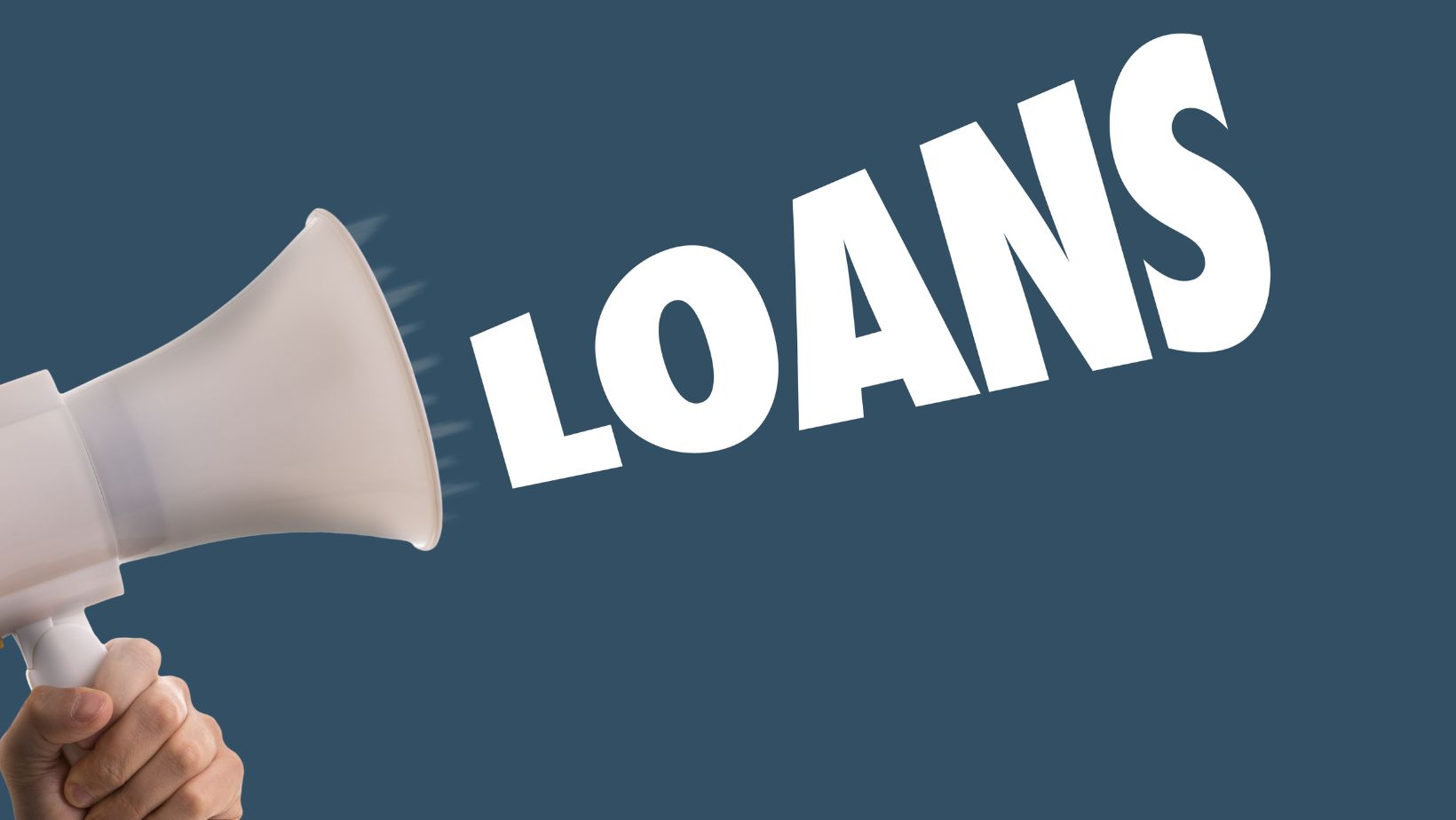In today’s fast-paced financial world, many people find themselves short on cash before their next paycheck arrives. This is where payday loans come into play. These short-term, high-interest loans are marketed as a quick fix for emergency expenses like medical bills, car repairs, or urgent utility payments. But before diving into one, it’s important to understand exactly what payday loans are, how they work, and what risks they carry.
What Is a Payday Loan?
A payday loan is a small, unsecured loan—typically ranging from $100 to $1,000—that must be repaid within a short time frame, usually by your next payday. These loans are often available from storefront lenders or online payday lending companies, and the application process is quick and easy. In most cases, all you need is proof of income, a valid ID, and a bank account.
Unlike traditional loans, payday lenders do not usually perform a hard credit check, making them accessible even to individuals with poor credit or no credit history. This convenience, however, comes at a cost—payday loans often carry extremely high annual percentage rates (APRs), sometimes exceeding 400%.
How Do Payday Loans Work?
The process of getting a payday loan is relatively straightforward:
- Apply Online or In-Person: You fill out a short application, providing basic personal and financial information.
- Loan Approval: If approved, you receive the money—either in cash, via direct deposit, or on a prepaid debit card.
- Repayment: The full amount of the loan, plus fees and interest, is due on your next payday. Lenders typically require access to your bank account or a post-dated check to collect the payment automatically.
 For example, if you borrow $300 with a $45 fee, you’ll owe $345 on your next payday. If you can’t repay it in full, the lender may offer to roll over the loan for another fee, trapping many borrowers in a cycle of debt.
For example, if you borrow $300 with a $45 fee, you’ll owe $345 on your next payday. If you can’t repay it in full, the lender may offer to roll over the loan for another fee, trapping many borrowers in a cycle of debt.
Pros and Cons of Payday Loans
Pros:
- Fast access to cash
- Minimal credit requirements
- Simple application process
Cons:
- Extremely high interest rates and fees
- Short repayment periods
- Risk of debt cycle if you can’t repay on time
Alternatives to Payday Loans
 If you’re considering a payday loan, it’s worth exploring safer alternatives:
If you’re considering a payday loan, it’s worth exploring safer alternatives:
- Credit union small-dollar loans: These often come with lower interest rates and better repayment terms.
- Installment loans: Available from some online lenders with more manageable repayment plans.
- Borrowing from friends or family: While not ideal for everyone, this can be a fee-free option.
- Local charities or assistance programs: Many communities offer emergency financial help.
Final Thoughts
Payday loans can provide quick relief in an emergency, but they come with significant financial risks. Before taking one out, consider whether you can repay it on time and explore all other options. Understanding how payday loans work is the first step in making informed financial decisions that protect your long-term well-being.



